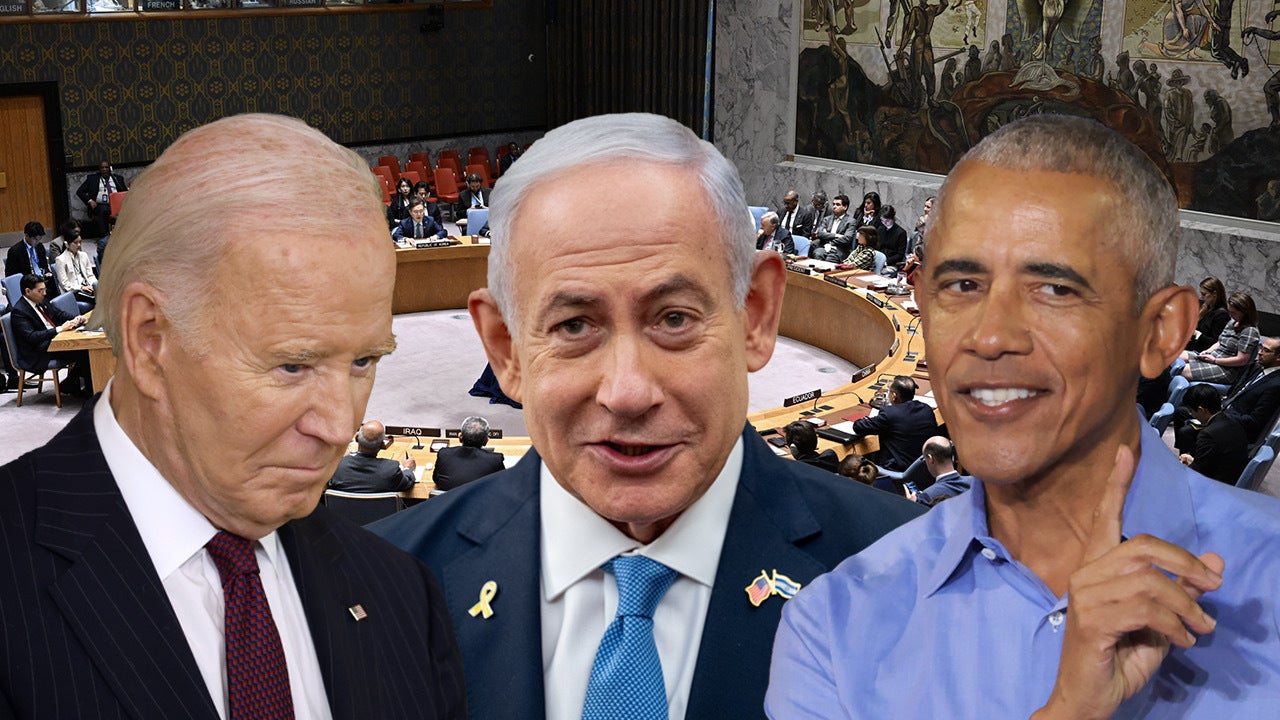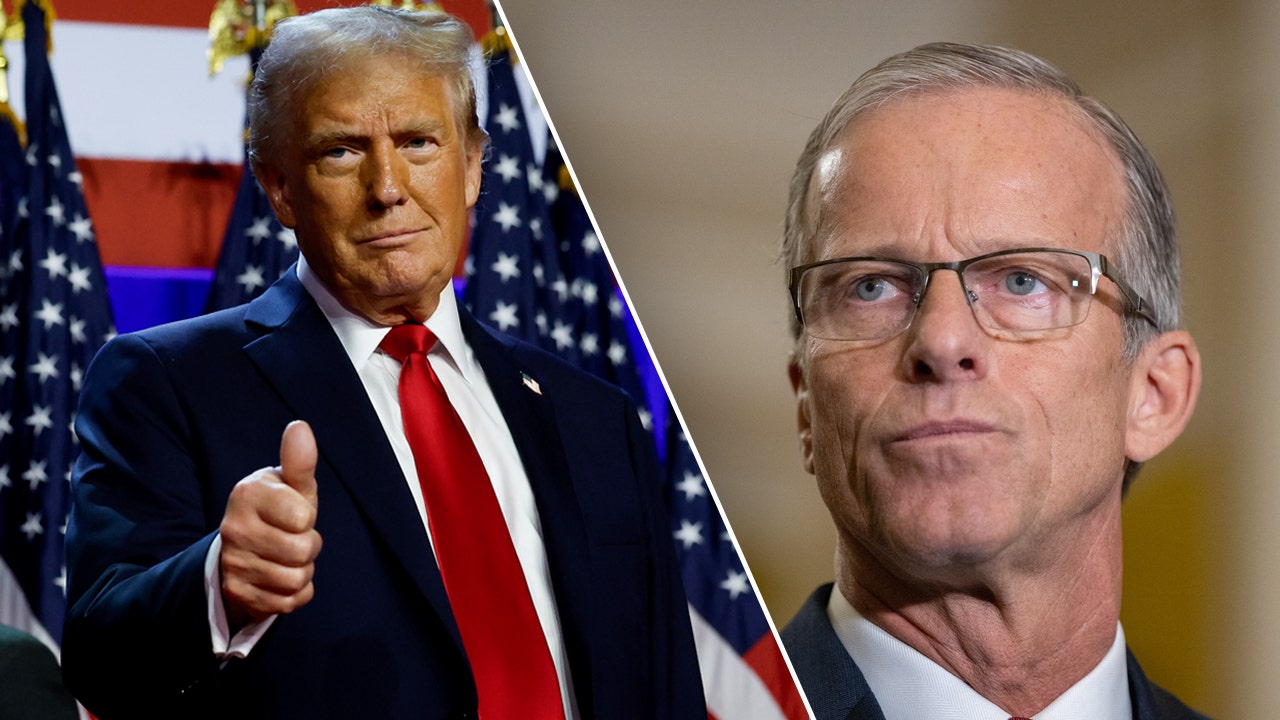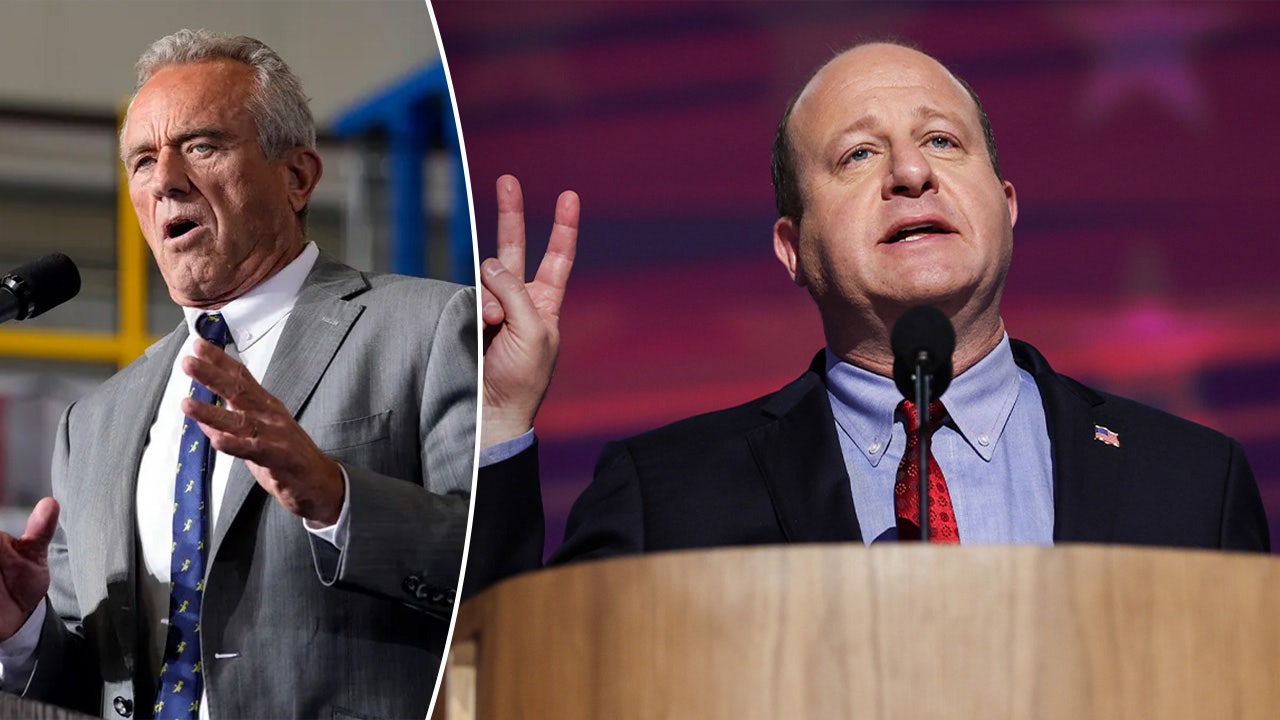The new president of European soccer’s governing body settled into a chair in his glass-walled office in Switzerland, glanced out at the sweeping views of Lake Geneva and insisted he would not be there long enough to get comfortable.
It was 2017, soccer was still emerging from its greatest scandal and Aleksander Ceferin, only a few months into his presidency, was unequivocal that he was already on the clock. The sport, he said, could no longer accept leaders who grew so comfortable with the trappings of power and luxury that they worked the system to remain in their jobs. He would not be like them, he promised.
The three-year term to which he had been elected, finishing out the one vacated by his disgraced predecessor, “is already one term for me,” he said. If he was fortunate enough to earn the two more full four-year terms allowed by the rules, fine. But that would be it. Mr. Ceferin had no interest in being a president for life.
“They said: ‘Why have term limits? You can be here for 20 or 30 years,’” he said at the time. “I do not want to stay for 20 years.”
Less than a decade later, Mr. Ceferin may have had a change of heart. At his urging, the soccer body that he runs, UEFA, will vote next week on a set of rule changes that includes a measure that would allow Mr. Ceferin to stay in the presidency of one of the world’s richest sports organizations for years beyond the end date he once promised.
He is not the only leader ushered in by someone else’s scandal now seeking to strengthen his hold on a powerful job. A similar term-limits extension was already quietly approved by soccer’s global governing body, FIFA, ensuring that its president, Gianni Infantino, is eligible for an extra four-year term in a job that paid him about $4.5 million in cash and bonuses in 2022.
At the International Olympic Committee, supporters of the term-limited president Thomas Bach recently proposed that the organization’s charter be amended so that he can stay on another four years. Mr. Bach, who did not dismiss the idea, knows those rules as well as anyone: Like Mr. Infantino, he is a lawyer who helped draw up his organization’s post-scandal reforms — including the introduction of term limits — before he was elevated to the top job.
Sports governance experts, though, are worried by the trend, since the current leaders were tasked with guiding their organizations out of a scandal-plagued past. They say that reforms like term limits, born out of those scandals, are worth protecting to prevent a concentration of power into the hands of a small coterie of executives running popular and lucrative sports enjoyed by millions around the world.
Weakening or eliminating them, the experts warned, is a move straight out of the playbook of world leaders and autocrats so powerful that they can choose to remain in control for as long as they wish. “It says quite simply that once people are in power, they don’t want to leave,” said Alex Phillips, a former head of governance and compliance at UEFA.
Asked about Mr. Ceferin’s intentions of running again, UEFA offered no direct reply from the president, and suggested a review of his recent public comments instead. In subsequent interviews with two British outlets, which he used to settle scores with members of his administration and other rivals, Mr. Ceferin was noncommittal about whether he would seek to stay in office, despite his earlier definitive promises.
But he said that unless UEFA’s current rules were revised, “there would be no limit and I could run forever.”
The opposition to that possibility is growing. Interviews with UEFA executives, board members and employees over the past several months revealed that some of the most powerful figures within the organization have objected forcefully, arguing that even a perceived weakening of term limits is unwise. One top official has already resigned in protest. Another recently warned his colleagues, and Mr. Ceferin, that creating an all-powerful president went against the spirit of the overhauls enacted to avoid a repeat of past scandals.
Yet when the term-limits change is voted on by UEFA’s 55 national associations at its annual meeting in Paris on Thursday — tucked safely inside a broader package of more anodyne changes — even Mr. Ceferin’s harshest critics expect him to get what he wants.
This, they said, is just how things work in a world where even influential critics rarely put points of principle above tens of millions of dollars in funding, plum committee assignments and valuable hosting rights.
As a result, they say, chief executives are becoming as hard to dislodge as their corrupt predecessors. There has not been a contested presidential election in FIFA, UEFA or any of soccer’s other regional governing bodies — or in the I.O.C. — since their current leaders took office nearly a decade ago.
“The longer they stay, the more powerful they become,” Mr. Phillips said, “so the more likely they can change the rules unopposed.”
Many of them, he added, now “genuinely believe that they are irreplaceable.”
Mr. Ceferin, 56, was in many ways an accidental UEFA president. His ascension only came after a corruption scandal that revealed years of bribery, vote-buying and secret deals in soccer. The case led to the ouster of some of the sport’s longest-serving leaders, tearing down empires and creating room for fresh faces. As the little-known leader of Slovenia’s soccer federation, Mr. Ceferin seemed a clean break from a problematic past.
A black belt in karate who speaks five languages, Mr. Ceferin managed the organization through the coronavirus pandemic and beat back a proposal for a European super league that posed an existential threat to UEFA’s biggest moneymaker, the Champions League, the annual club competition that rakes in billions of dollars from sponsorships and broadcast deals. Throughout that time he has, thanks to the office, rubbed shoulders with world leaders and some of sports’ best-known athletes.
It is little wonder then, his critics say, that he might welcome the option of staying in his $3 million-a-year job for as long as the rules allow.
Mr. Ceferin has insisted that the proposed change is little more than a tweak of legal language, one that retains the 12-year maximum for the organization’s leaders but will now state that terms “started or served before 1 July 2017 shall not be taken into account.” Mr. Ceferin was elected in September 2016, so the revision effectively wipes away the three years he once labeled his first term, and opens the door for him to stay until at least 2031.
“The proposed change was not intended to extend the term limit, but is aimed to rectify an invalid provision,” UEFA said in a statement on the amendment.
That narrow clarification was challenged by one of UEFA’s most senior officials, David Gill of England, during a board meeting last fall in Germany. According to several people present, Mr. Gill asked for the floor after the head of UEFA’s legal committee, a longtime ally of Mr. Ceferin, omitted the term-limit proposal from a presentation about the most important changes to the rules.
As the longest-serving official on the board, Mr. Gill pointedly told the board, he was the only one present with experience of the bad old days at both FIFA and UEFA. Altering the statute on term limits was not a minor change, as had been suggested, but rather “a major change” worthy of discussion. Mr. Ceferin responded that the current rules were “unclear,” and needled Mr. Gill that he had never spoken about term limits in board meetings until after Mr. Ceferin became president.
“It’s about the spirit of the rules,” Mr. Gill fired back. “You were elected before the statutes changed. You were president before the statutes changed. And the statutes were very clear at the time that a part term is a full term.”
The tensions exploded into public view in January, when one of Mr. Ceferin’s closest aides, the former Croatia star Zvonimir Boban, resigned as UEFA’s director of soccer. Mr. Boban lamented that it had been Mr. Ceferin himself who had led the reforms he was now set to weaken. He walked in his boss’s office and quit, he said, when it became clear that Mr. Ceferin “intends to move forward regardless in pursuit of his personal aspirations.”
Like Mr. Ceferin, Mr. Infantino and Mr. Bach also enjoy a degree of control over their organizations that insulates them from challenges, according to Stephen Weatherill, a sports governance expert and former professor of European law at the University of Oxford.
National federations, Professor Weatherill pointed out, are reliant on relationships with international governing bodies — and their leaders — for annual budget assistance, development aid and access to hosting rights for lucrative events. A strong leader who cultivates those relationships, and that sense of dependence, can use the power of incumbency to their advantage.
“Term limits ensure that sports leaders do not stay too long in their position,” Mr. Phillips said. “History has shown again and again that, the longer they stay, the more they focus on staying in power, or pursuing personal interests, rather than developing their sport.”





